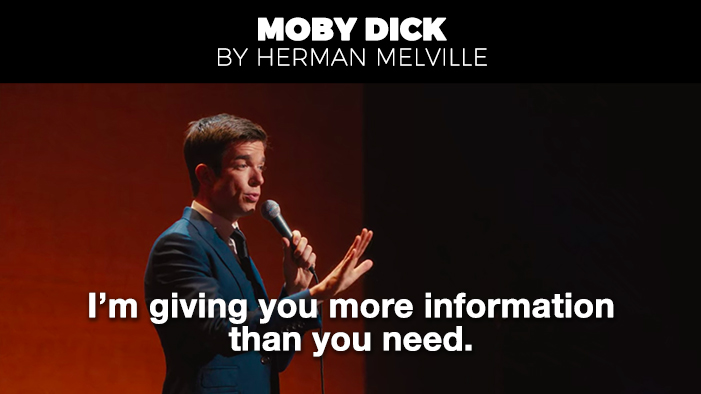Ray Bradbury’s short story “A Sound of Thunder” explores the idea that seemingly insignificant actions have profound effect. If nothing is truly insignificant to the future, as the story suggests, how are the actions of flawed and limited individuals likely to affect that future? By leveraging the science fiction idea of time travel, Bradbury offers a pessimistic vision of human beings and their impact on the planet and each other. In an interconnected world, Bradbury’s story suggests, the actions of individuals—limited both in understanding and in the ability to overcome their own flaws—are likely to lead to disaster.
Societal attitudes toward privilege contribute to these failures, affording the wealthy the right to impose risk on everyone else, with little sense of responsibility. Time Safari, Inc. is driven by a mission to offer wealthy individuals extraordinary experiences, allowing them to embark on safaris to hunt extraordinary game. However, the government, corrupted by graft, plays only a superficial role in preserving the integrity of the past. It may impose strict regulations and substantial fines to prevent unintended alterations to historical events, but it permits the hunts to take place. As such, the government's concerns appear to support financial interests more than ethical considerations.
As the story opens, its protagonist Eckels stands before a desk, paying for a trip to the past to hunt. He is wealthy and has been on conventional big game hunts before, yet he is nervous. In what might be considered the inciting incident, the man selling him the trip reveals that they cannot guarantee his safety and admits that he is trying to scare Eckels. He offers Eckels a chance to back out. Eckels, his pride insulted, refuses to back down, setting the subsequent events in motion.
As the rising action unfolds, certain flaws in Eckels’s character emerge. He is proud and thinks highly of himself, yet he fails to recognize and admit to his own limitations and fears. This internal conflict is revealed almost immediately, disguising itself as excitement over the trip. He anxiously asks if the guns will actually kill a dinosaur without realizing what he is saying. He says that every hunter in the past would envy them this hunt, yet he questions the rules around it, proudly demanding “Why?” and failing to accept the immediate explanation. Before they set out from the machine, his fears again emerge, although he has yet to reconcile himself to them.
As the story approaches its climax, Eckels’s conflict becomes even more apparent and dangerous to everyone on the hunt. He aims his rifle “playfully,” flushes as he asks where the Tyrannosaurus is, and lists the big game he has hunted before—tiger, wild boar, buffalo, and elephant—as if reminding himself of his own fearless history, despite his own body shaking with fear. When the dinosaur comes into view, Eckels is at first speechless and then overwhelmed, his mouth twitching. He turns quiet and declares the task impossible, berating their hubris for coming. Still, he fails to admit to his own fear, phrasing his desire to flee as if it were shortsightedness alone.
At the story’s climax, Eckels finally admits the truth to himself. He demands to leave the hunt, aware that his heroism in the past had been because he could ensure his own protection. Now, facing the dinosaur and for the first time uncertain about his own survival, he finds himself unprepared to face death. He returns to the time machine in a daze, unable to stop himself, and accidentally steps from the path.
During the story’s falling action, Travis, in his fury, tries to abandon Eckels in the past and states he will need to report the incident to the government, which will likely result in penalties. Eckels offers to pay him off but is instead tasked with the gruesome punishment of retrieving the bullets from the dinosaur’s head. Travis suggests to Lesperance that Eckels has learned his lesson, which indeed may be true.
Once they return to the present time, Travis blames Eckels for the way the world has changed as a result of his stepping off the path. The fault certainly doesn't fall entirely on Eckels, but rather on the company’s hubris and careless belief that they can go into the past to explore without consequence beyond government-imposed penalties.
In the story’s resolution, Eckels undergoes a humbling transformation as he reflects on his actions and the profound impact he may have had on the world. His inherent flaws, particularly his inability to recognize his limitations, unfold with tremendous and far-reaching consequences. The story explores the idea that the actions of one individual, supported by a corrupt system, can have unimaginable and horrific outcomes, from a shift in spelling to the birth of authoritarian rule in a nation once democratic. In the final moments of the story, Eckels hears the sound of Travis’s breath behind him and the distinct click as Travis releases the safety on his rifle, culminating in a sudden and impactful “sound of thunder.” Incapable of undoing the changes that Eckels’s panicked misstep has caused and aware of his own culpability, Travis lashes out by killing Eckels, an action that may relieve some of Travis’ anger but does nothing to address the problems the hunt has caused in a world altered by the death of a butterfly.


 payment page
payment page



